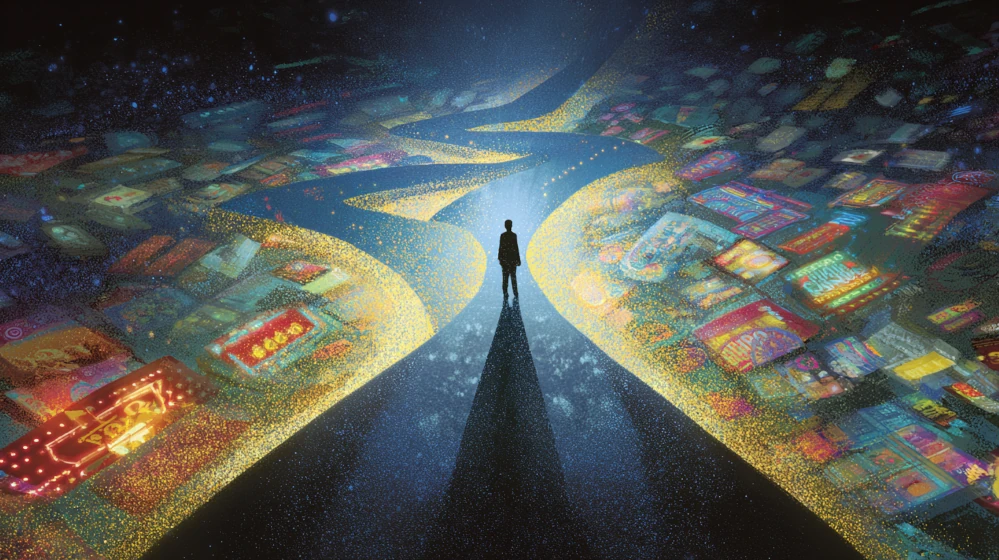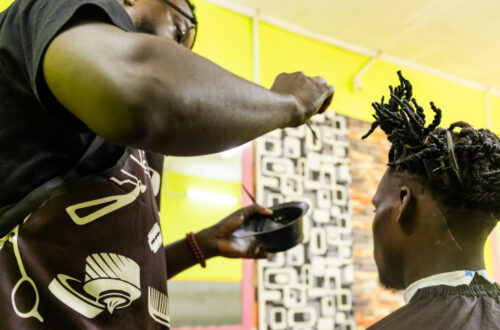
Lotteries vs. Gambling: Understanding the Key Differences
Walk into any South African supermarket, and you’ll see the queue at the Lotto counter. Scroll through your phone, and you’ll find a dozen online casinos promising you a shot at instant riches. The language is always the same: “Your chance to win big!” “Life-changing jackpots!” “It could be you!” But here’s the thing—most South Africans don’t actually know the difference between buying a Lotto ticket and placing a bet on the Springboks, spinning the reels on Gold Rush casino online, or playing blackjack at Sun City. The lines are blurred, and the industry likes it that way.
But if you’re putting your hard-earned rands on the line, you deserve to know exactly what you’re getting into. This isn’t a lecture. This is the real, practical, South African guide to lotteries vs gambling—how they work, how they’re taxed, how they’re regulated, and, most importantly, how they mess with your head.
What’s a Lottery, What’s Gambling?
The South African National Lottery is a game where you buy a ticket (usually for R5 or R10), pick a set of numbers, and hope those numbers come up in the draw. The prize pool is fixed in advance, and everyone who plays is competing for a share of that pool. The operator (Ithuba, as of 2024) doesn’t care who wins—they just run the show, take their cut, and hand over the rest.
Gambling is a much broader beast. It covers everything from betting on horses at Kenilworth, to playing slots at Montecasino, to putting money on a soccer accumulator at Betway, to spinning the roulette wheel online. Here, you’re not just hoping for luck—you’re playing against the house, and the house always has an edge. The operator is your opponent, and their business model is built on you losing more than you win.
- In the lottery, you’re up against other players, and the operator is just the middleman.
- In gambling, you’re up against the operator, and they’re actively trying to beat you.
Why It’s Easy to Get Confused
Both lotteries and gambling are games of chance. Both require you to pay to play. Both dangle the carrot of a big win. Both are legal in South Africa, regulated by the National Gambling Board and the National Lotteries Commission. Both are taxed, both are advertised everywhere, and both can be addictive as hell.
But the similarities end there. The psychology, the odds, the risks, and the rewards are very different.
Why We Play, Why We Lose
Nobody buys a Lotto ticket because they think it’s a good investment. Nobody puts R500 on a slot machine because they’ve done the maths and know it’s a smart move. We play because we want to win, because we want to escape, because we want to feel something.
The lottery is pure fantasy. For R5, you get to imagine a new life: a house in Camps Bay, a new car, no more debt, maybe even a trip to Europe. The odds? Astronomical. The chance of winning the PowerBall jackpot is about 1 in 24 million. You’re more likely to be struck by lightning in Joburg than to win the Lotto. But that doesn’t matter, because the lottery isn’t about probability—it’s about hope. It’s about buying a dream, even if it’s just for a few days.
Gambling is a different animal. The odds are still against you, but the wins are smaller, more frequent, and much more addictive. Slot machines, for example, are designed to keep you playing with little wins, near-misses, and flashing lights. Sports betting gives you the illusion of control (“I know rugby, I can beat the bookie!”), but the house edge is always there, built into the odds.
Psychological hooks:
- Intermittent rewards: You win just often enough to keep you coming back.
- Near-misses: Almost winning feels like you’re “due” for a win, so you keep playing.
- Loss aversion: You chase your losses, convinced you can win it back.
- Gambler’s fallacy: You believe a win is “overdue” after a losing streak.
- Illusion of control: You think your knowledge or skill can beat the odds.
Casinos and betting sites spend millions studying these behaviours. They know exactly how to keep you playing, how to make you feel like you’re in control, and how to separate you from your money.
How the Numbers Really Work
The odds of winning the SA Lotto jackpot (matching all 6 numbers) are 1 in 20,358,520. For PowerBall, it’s even worse: 1 in 24,435,180. The odds of winning a small prize (like matching 3 numbers) are much better, but the payouts are tiny—often less than the cost of your ticket.
Gambling odds vary wildly. On a slot machine, the return to player (RTP) might be 92–96%, meaning for every R100 you bet, you’ll get back R92–R96 on average. But that’s over thousands of spins, and the variance is huge. Table games like blackjack or roulette have slightly better odds, but the house always has an edge. Sports betting odds are set by the bookmaker, who builds in a margin to ensure they profit in the long run.
According to the National Lotteries Commission, South Africans spent over R5 billion on lottery tickets in 2023. The gambling industry (including casinos, betting, and online gaming) took in over R35 billion in the same year. That’s a staggering amount of money leaving the pockets of ordinary people, most of whom will never see a return.
Where Does the Money Go?
In South Africa, a portion of every lottery ticket sold goes to the National Lottery Distribution Trust Fund, which supports charities, sports, and arts projects. The operator takes a cut, the government takes a cut, and the rest goes into the prize pool. If you win more than R25,000, you’ll need to provide your ID and banking details, but your winnings are tax-free.
Gambling operators are taxed on their gross gaming revenue (the amount wagered minus winnings paid out). The rates vary: casinos pay around 9–12%, betting operators pay 6–10%, and online gambling is taxed at similar rates. Winnings from gambling are also tax-free for individuals, but if you’re a professional gambler, SARS might come knocking.
The National Lotteries Commission regulates the lottery, ensuring the draws are fair and the money is distributed as promised. The National Gambling Board oversees casinos, betting shops, and online operators, making sure they follow the rules and protect players.
But let’s be honest—regulation is patchy. Illegal gambling is rampant, especially online, and enforcement is weak. If you play with an unlicensed operator, you have zero protection if things go wrong.If you or someone you know is struggling, get help.
If you need resources or want to talk to someone about gambling problems in South Africa, call the NRGP Helpline: 0800 006 008.




